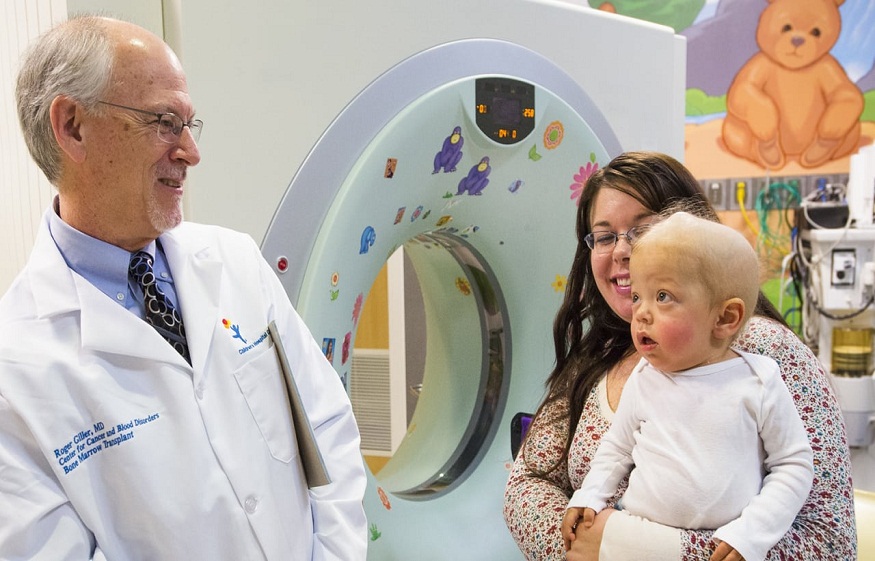Services Offered in Drug Detox Facilities
Detoxification entails getting rid of substances from the body. Drug detox facilities coalesce professional medically managed withdrawal programs. Drug detox centers https://www.gallusdetox.com/ focus on healing the body, mind, and spirit.
Medical detoxification is crucial as professionals provide supervision. More so, patients can undergo detoxification in a comfortable environment. Every addict experiences the detoxification phase differently depending on:
- The type of drug abused
- Amount of substance the user intakes
- The duration of an addiction lasted
- Method of drug abuse
- Genetic makeup
- Underlying mental health conditions
- Severity of addiction
- Medical condition
- Family history
Detoxification
The needs for a successful detoxification process vary; thus, any addict needs to get personalized treatment. Detoxification in medical detox facilities involves;
Evaluation
Clinicians’ medical detox facilities screen incoming patients for physical and mental health disorders. Medical professionals carry out blood tests to determine the number of drugs in the patients’ system. The medical information gained helps set a basis for a long-term treatment plan.
Stabilization
A patient is stabilized with medical and psychological therapy. Stabilization may integrate doctors’ prescriptions to deter complications and reduce withdrawal symptoms.
Initial entry into treatment
This step entails a clinician getting to familiarize their patients with the treatment process. An addict gets to know what to expect.
Common side effects of Detoxification
- Anxiety and Nervousness
- Insomnia
- Body discomfort
- Nausea
- Poor sleep mood swings
- Difficulty concentrating
Detoxification by Drug Type
Depending on the drug abused, withdrawal symptoms may be mental or physical. Detox involves managing cravings and anxiety by using medications to mimic the effects of drugs. Drugs that are most dangerous to detox from requiring medication.
Opioids like heroin are considered one of the most uncomfortable detoxification. Rapid detoxification involves sedation with anesthesia and being given medication to replace the drugs in the body.
Psychiatric Services
This involves psychiatric evaluation, mental illness, and addiction.
Therapy Modalities
Drug addiction entails recovery through research-based tactics. Detox facilities integrate therapies and counseling programs such as Cognitive behavioral therapy, motivational interviewing, and Dialectical behavioral therapy.
Holistic care
Patients get to access wellness activities to enrich their recovery path. Detox facilities offer consultations with professional dieticians for patients seeking to eat healthily. They help manage overall health during and after detoxification.
Complementary Services
Luxurious detox facilities provide clients with extra amenities, such as Yoga, Acupuncture, massage therapy, Reiki, Energy psychology, and Neurofeedback. Complementary services in rehab facilities motivate the effectiveness of treatment of substance abuse and addiction.
Levels of Detoxification Facilities Care
Medical detox: This entails staying in an inpatient setting for 5 to 7 days under monitoring by clinical care professionals.
Intensive Residential treatment: This is a specialized post-detox treatment option designed to integrate individual therapy, group therapy, and psycho-educational programming. The care under intensive treatment is ideal for a loved one dealing with pregnancy, high blood pressure, and unmanaged mental illness.
Residential Treatment: A drug addict can easily focus on recovery by breaking away from daily life triggers and stressors. Inpatient facilities become temporary homes as a patient works towards recovery. It offers one of the most effective treatment plans. The treatment integrates therapy sessions, a highly structured environment, recreational time, and a balance of scheduled engagements.
Partial Hospitalization Program: This focuses on giving patients a chance to start working on recovery in a natural life setting. The recovering addict can transition from the monitored residential program. The patient attends treatment at least 6 hours a day in at least five days a week.
Conclusion
The drug detoxification process can be painful and dangerous. Medically assisted detoxification can reduce withdrawal symptoms. Detox programs can either be inpatient or outpatient, depending on the severity of the addiction. An effective detox facility ensures the needs of an addict are adhered to to enhance overall recovery and sobriety.



